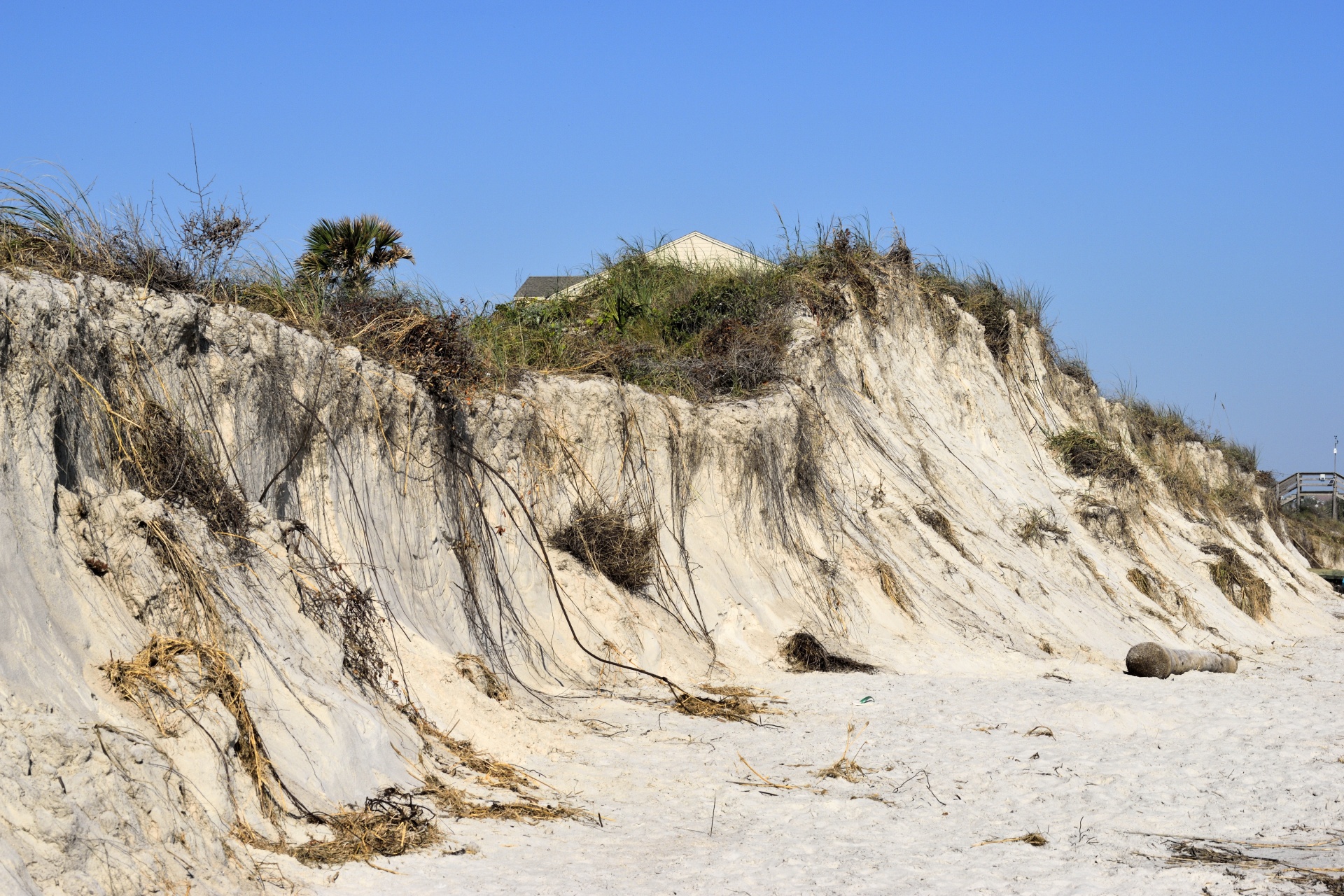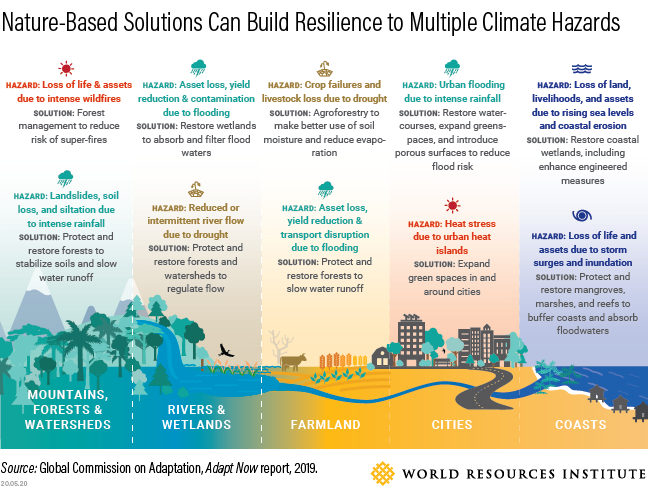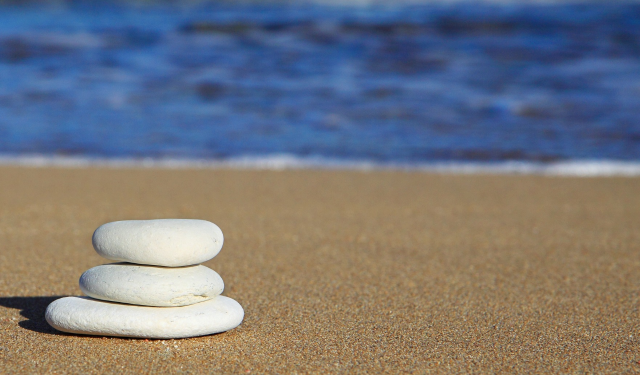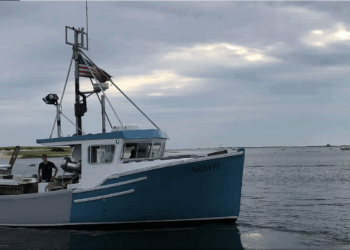Protecting nature protects people – People across the globe suffer from coastal flooding and erosion related to more severe storms and sea level rise. In some places, entire villages and more than a mile of coastline have been lost to the sea.
The flooding and erosion are exacerbated by the destruction of natural mangrove forests and seagrass beds. These ecosystem complex absorb the brunt of waves’ impact, significantly reducing both the height and speed of waves reaching shore. And mature mangroves can store nearly 1,000 tons of carbon per hectare, thus mitigating climate change while also helping communities adapt.

Without mangroves, 18 million more people worldwide would suffer from coastal flooding each year (an increase of 39%).
Coastal wetlands can defend communities from storm surge and sea level rise. Well-managed forests can protect water supplies, reduce wildfire risk and prevent landslides. Green space in cities can alleviate heat stress and reduce flooding.
While we don’t yet have a full accounting of this potential, we do know that, for instance, wetland ecosystems cover approximately 8% of the planet’s land surface and the ecosystem services they provide — including flood protection, fisheries habitat, and water purification — are worth up to $15 trillion. For example, offshore fisheries in areas with mangroves provide fishermen with an average of 271 pounds of fish (worth approximately $44) per hour, compared to an average of 40 pounds (only $2-3 per hour in places without mangroves).

The benefits of nature-based solutions go far beyond climate adaptation. From the heart of the city to vast forests and coastal wetlands, healthy ecosystems underpin societies and economies. They provide food, fuel, livelihoods, and also provide critical habitat for biodiversity — there are three crucial steps needed to make this happen:
1. Raise understanding of the value of nature
Policymakers need to better understand the value of natural capital like mangroves and other ecosystems that provide important benefits for communities. For example, it can be 2 to 5 times cheaper to restore coastal wetlands than to construct breakwaters — artificial barriers typically made out of granite or concrete — yet both protect coasts from the impact of waves. The median cost for mangrove restoration is about $0.01 per square foot. This is far less than the often prohibitive cost of most built infrastructure – artificial structures sometimes have an impact on the hydrodynamism of the marine environment with negative effects.
While some research of this kind exists, countries often need place-specific assessments to identify the best opportunities to utilize nature-based solutions for adaptation. Governments should also consider that local and indigenous communities often have ample understanding of nature’s value for people, and should seek out and include this knowledge in plans and policies.
2. Embed nature-based solutions into climate adaptation planning
Nature-based solutions often work best when people use them at larger scales — across whole landscapes, ecosystems or cities. Governments are often best placed to plan climate adaptation at this scale given their access to resources and ability to make policy and coordinate among multiple actors. To be successful, they should include nature-based solutions in their adaptation planning from the start.
Water supplies are especially vulnerable to climate change, as shifting rainfall patterns cause droughts in some places and floods in others.
Research on cities’ water supplies shows that by conserving and restoring upstream forests, water utilities in the world’s 534 largest cities could better regulate water flows and collectively save $890 million in treatment costs each year.
3. Encourage investment in nature-based solutions
Many governments, private sector, and philanthropic actors have funds that could be used for nature-based adaptation solutions — but a lack of awareness has hindered their widespread use. Part of the solution is helping communities and countries better understand what funding opportunities exist, learn from successful financing models, and identify gaps that could be filled by interested donor countries, development institutions, and private investors — an effort the Commission is undertaking.
Protecting nature protects people







